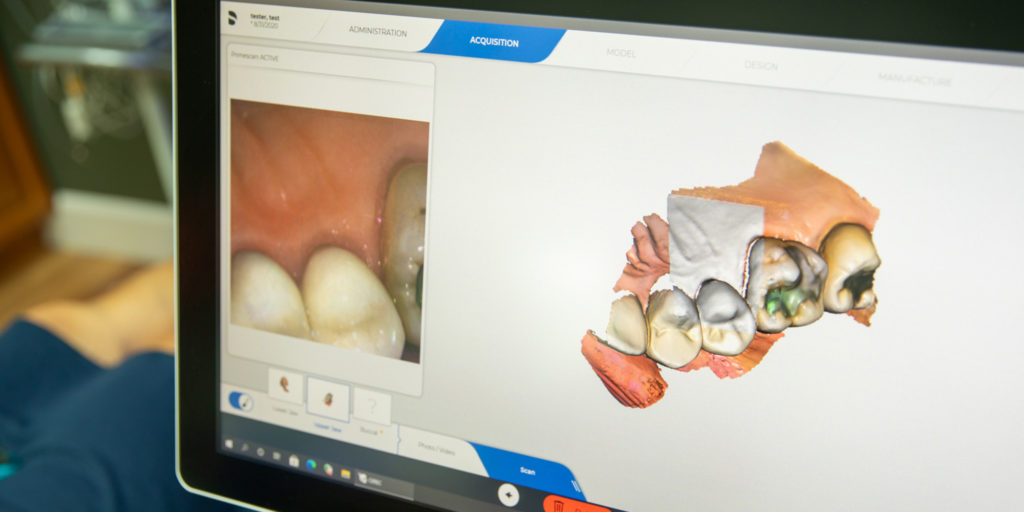

The average cost of a root canal ranges between $600 and $1,600 without insurance in the United States. However, specific factors will influence the total cost, including insurance coverage, where the infection is located, and how extensive the damage is.
Our Spring Hill, TN dentist walks you through treatment costs to ensure you understand expenses before undergoing a root canal treatment. If you have specific questions about the costs, contact Dentistry by Design at (931) 391-3089 today!

The final cost of root canal therapy can vary depending on several factors. Some of the most common factors that contribute to the cost of the procedure include:

One of the primary benefits of root canal therapy is that it allows you to save your natural teeth. Unlike other dental procedures, such as tooth extractions or dental implants, root canal therapy preserves your natural tooth structure and helps to maintain good overall oral health.
If you’re experiencing pain or discomfort due to an infected or damaged tooth, root canal therapy can help to provide immediate relief. The procedure removes the infected or damaged pulp from the inside of the tooth, which can alleviate pain and reduce inflammation.
By removing the infected or damaged pulp from the tooth, root canal therapy can help prevent further dental issues from occurring. If left untreated, an infected or damaged tooth can lead to more extensive dental work, such as extractions or dental implants.
Root canal therapy can help to improve your overall oral health by eliminating infection and reducing the risk of future dental issues. By investing in root canal therapy, you’re taking a critical step towards maintaining a healthy smile and preventing more extensive dental work in the future.
While the cost of root canal therapy may seem daunting, it’s crucial to consider the long-term cost savings associated with the procedure. Investing in root canal therapy can help avoid more extensive and expensive dental work, making it a cost-effective solution for many patients.
The amount of dental coverage you receive for root canal therapy will depend on your insurance plan. Most dental insurance policies cover a portion of the expenses of root canal therapy. Some insurance policies may require a waiting period before coverage for root canal costs to kick in.
Additionally, some policies may have limits on the number of root canal procedures that are covered per year. Before scheduling your root canal therapy, check with your provider to understand your coverage and any associated out-of-pocket costs.

If your insurance doesn’t cover the cost of your root canal therapy, or if you don’t have dental insurance, there are still options available to help you manage the expense. Third-party financing allows you to spread out the cost of your root canal therapy over several months or years with low monthly payments and little to no interest.
Most dental insurance policies cover at least a portion of the cost of root canal therapy, although the amount of coverage can vary widely between policies. Check with your insurance provider to understand your coverage for dental services and any out-of-pocket fees you may be responsible for.
If you need a root canal treatment but can’t afford it, there are several options available to help manage the cost. Many dental clinics offer payment plans or financing options to help make the cost of the procedure more manageable. Additionally, some dental schools, non-profit organizations, and charities offer assistance to individuals who need dental care but cannot afford it.
There are several ways to reduce the cost of root canal treatment and dental fees, including:
Investing in root canal therapy can be valuable for anyone looking to improve their dental health and overall well-being. By understanding your insurance coverage options and third-party financing, you can make an informed decision about your root canal therapy and enjoy a healthy, confident smile for years.
Contact Dentistry By Design in Spring Hill, TN, at (931) 391-3089 to schedule your consultation.
I understand the information disclosed in this form may be subject to re-disclosure and may no longer be protected by HIPAA privacy regulations and the HITECH Act.